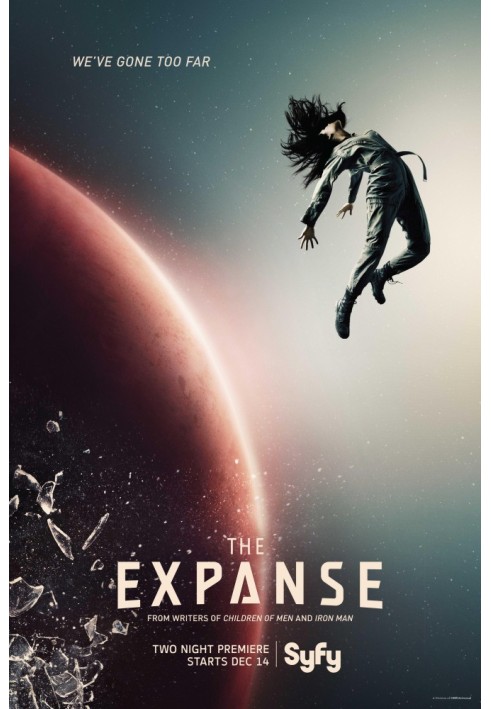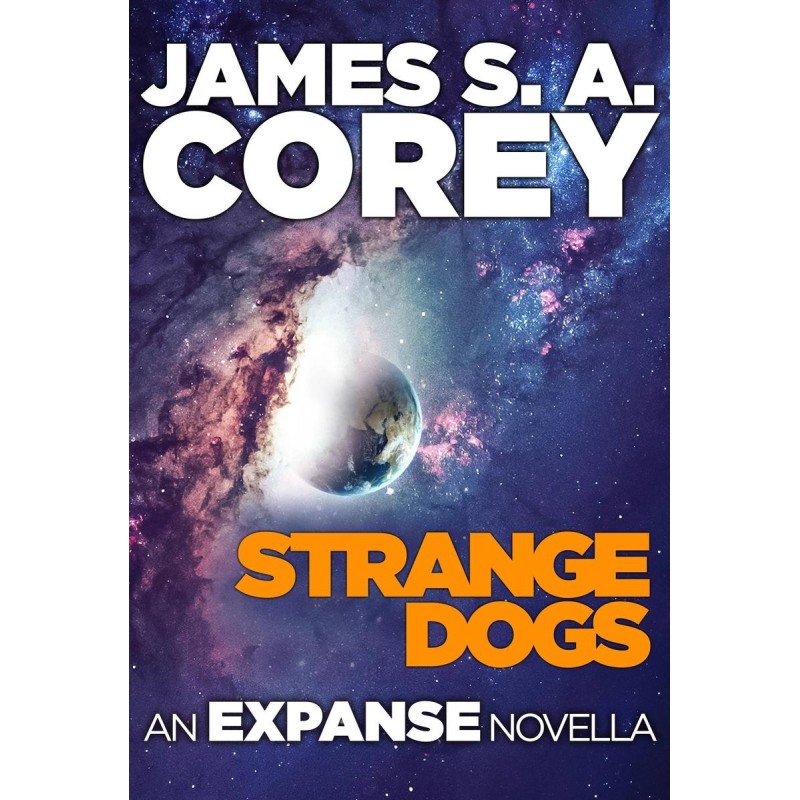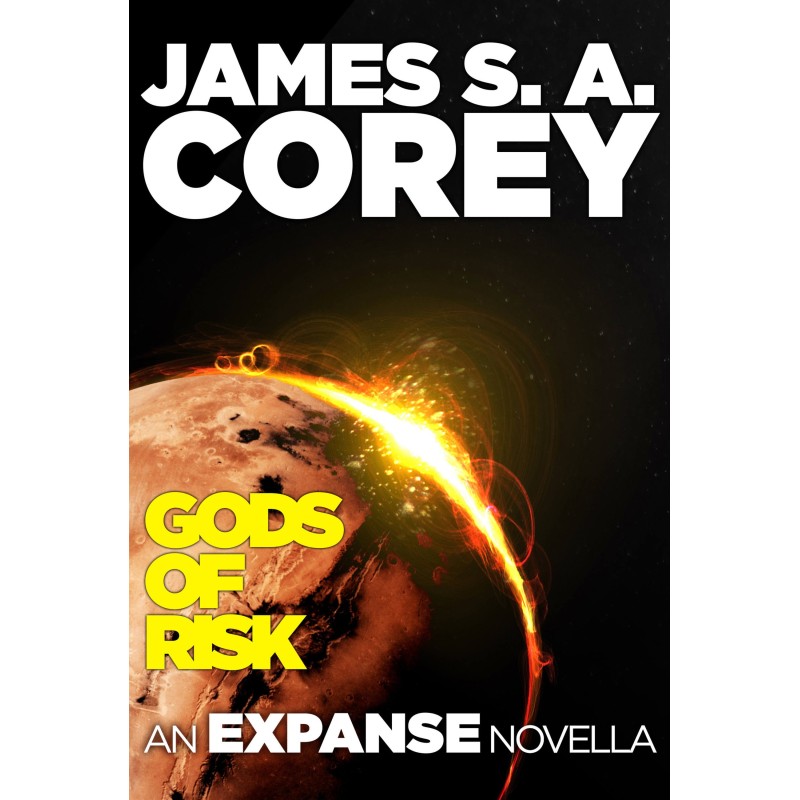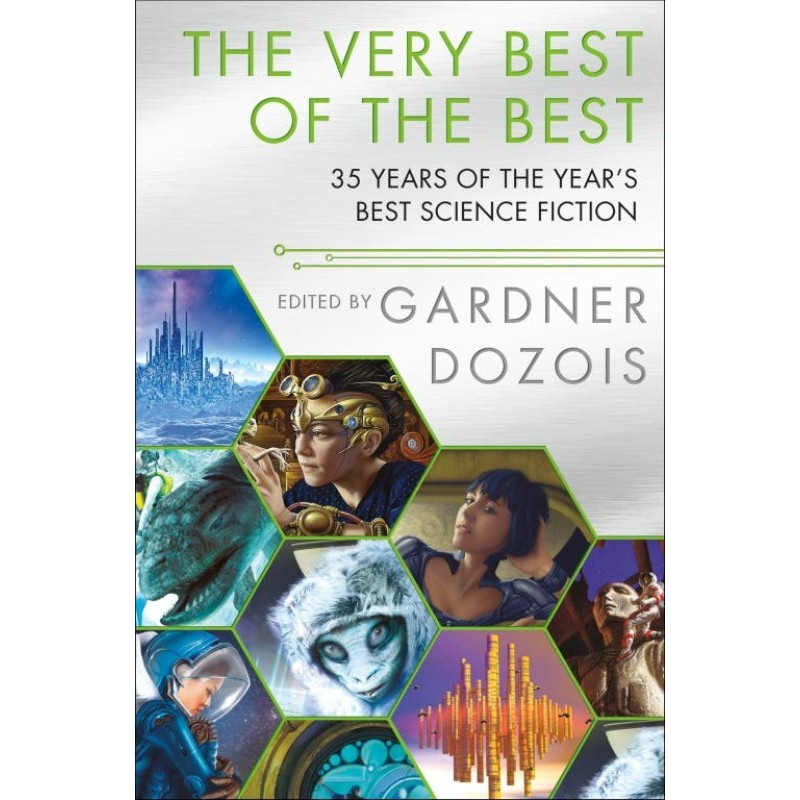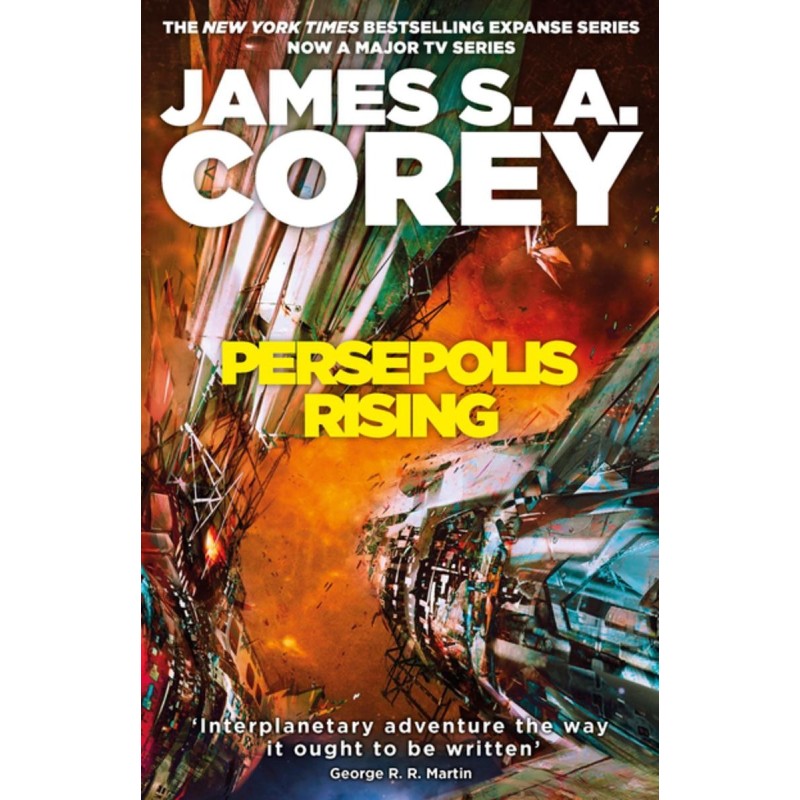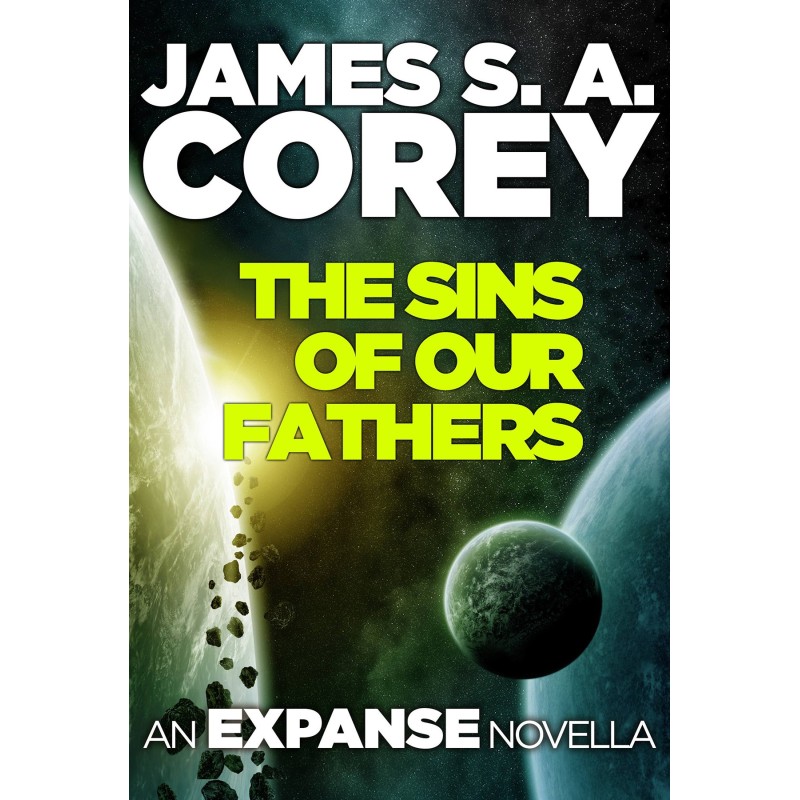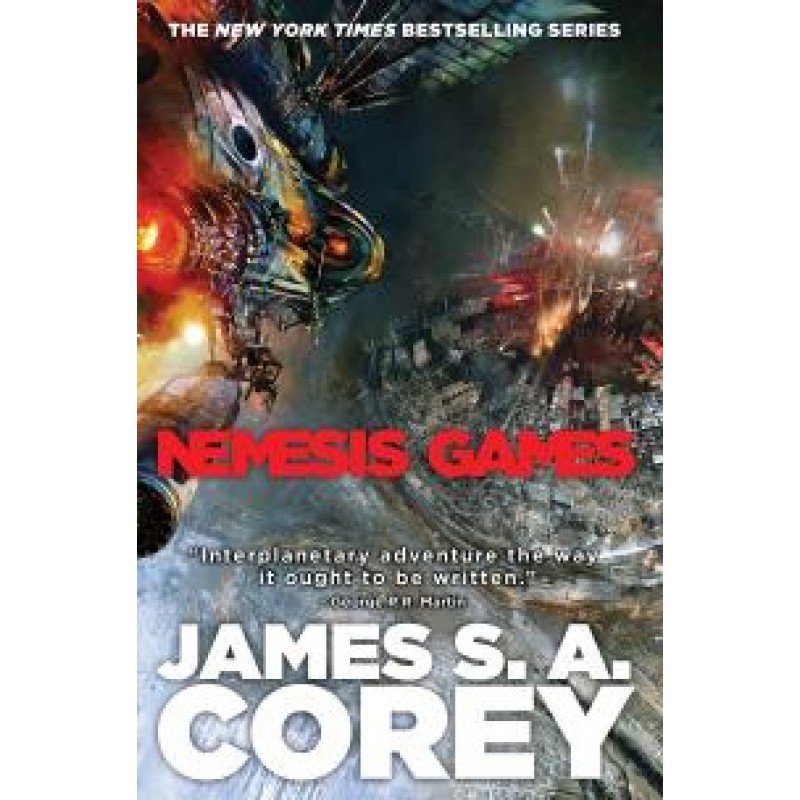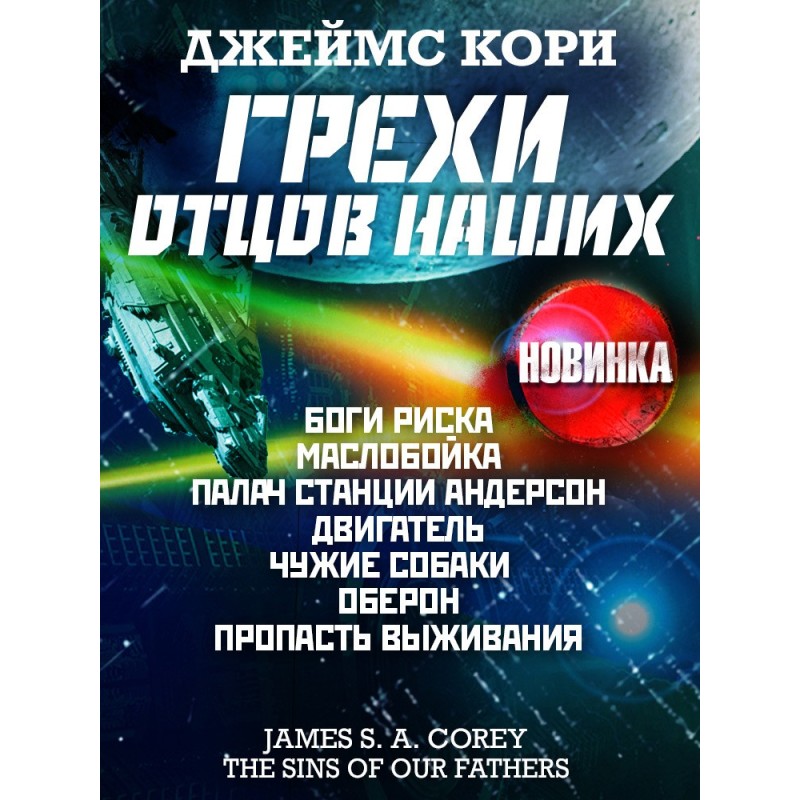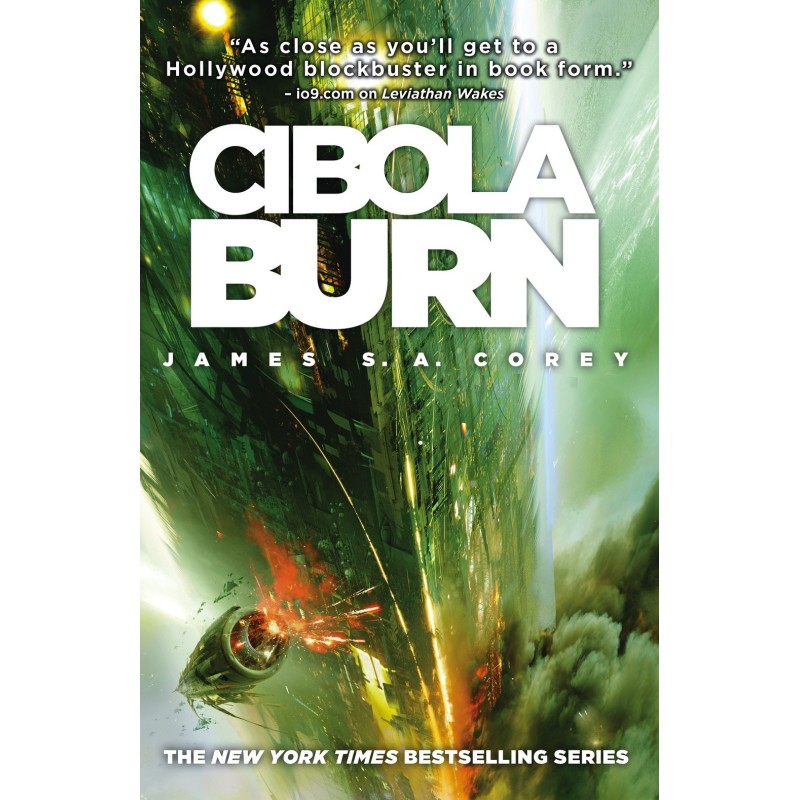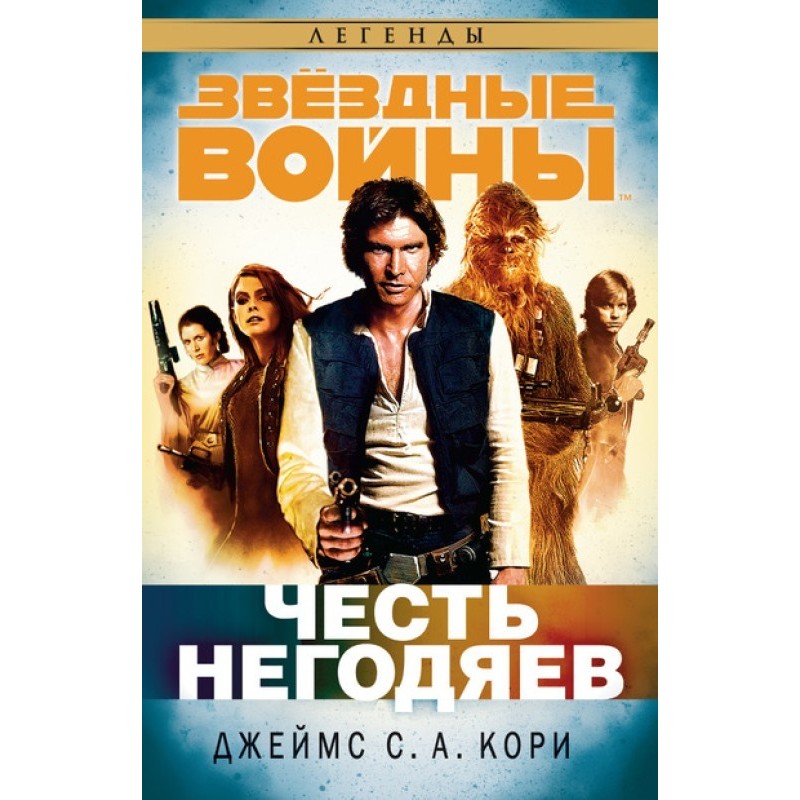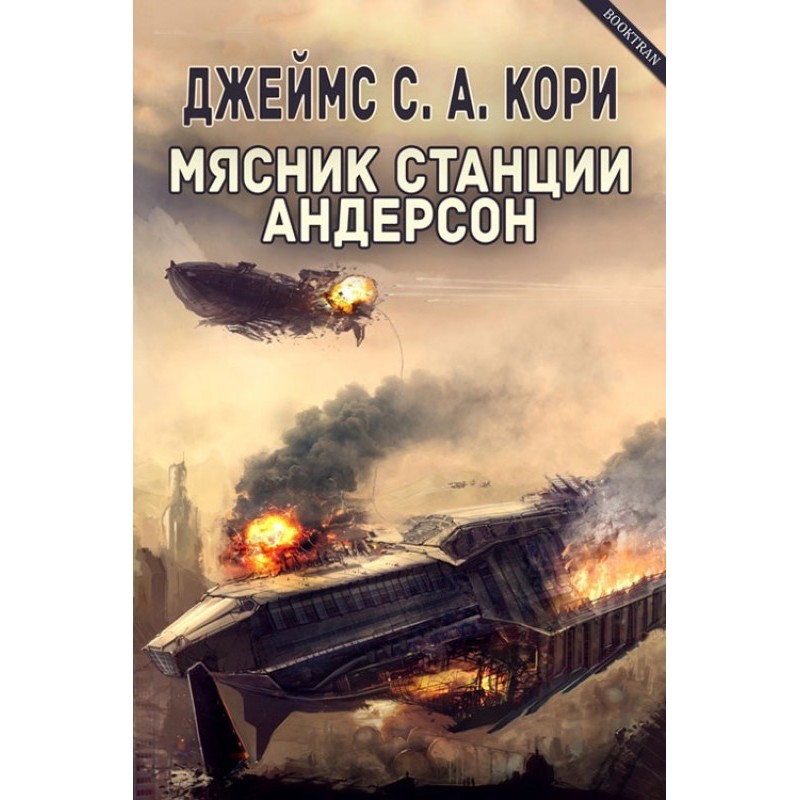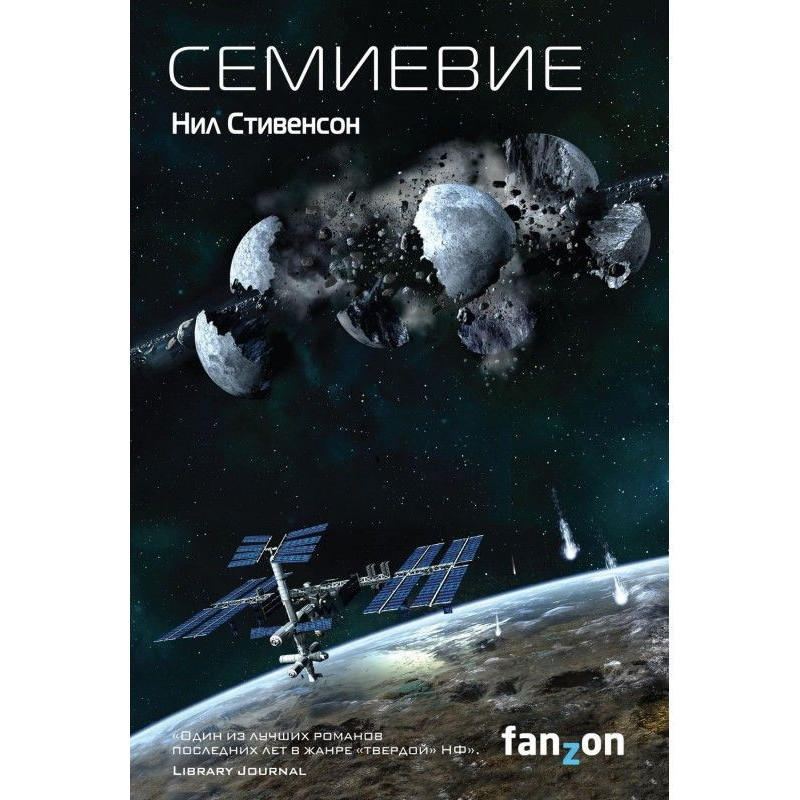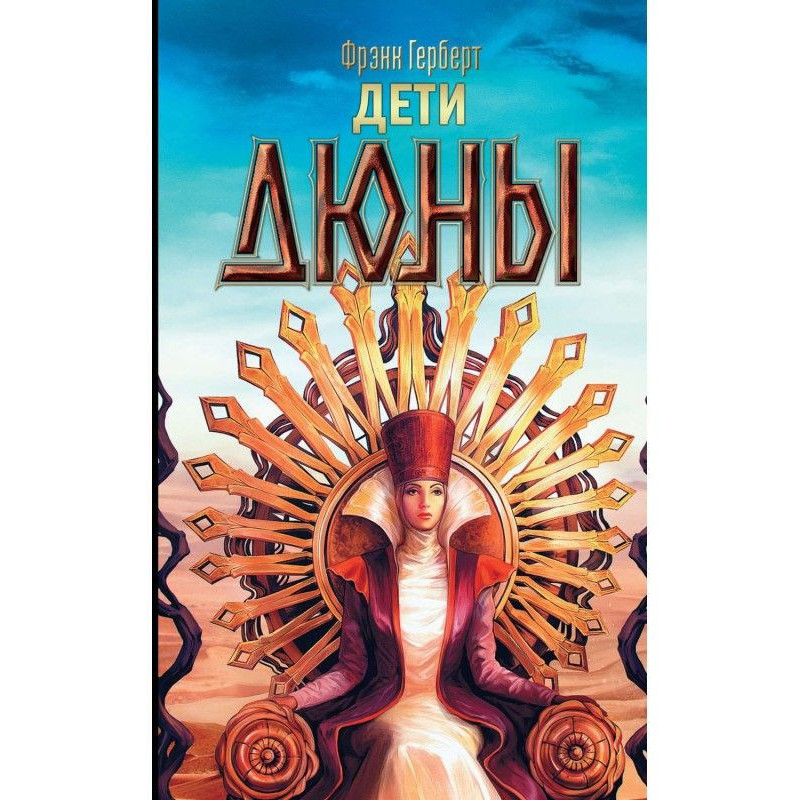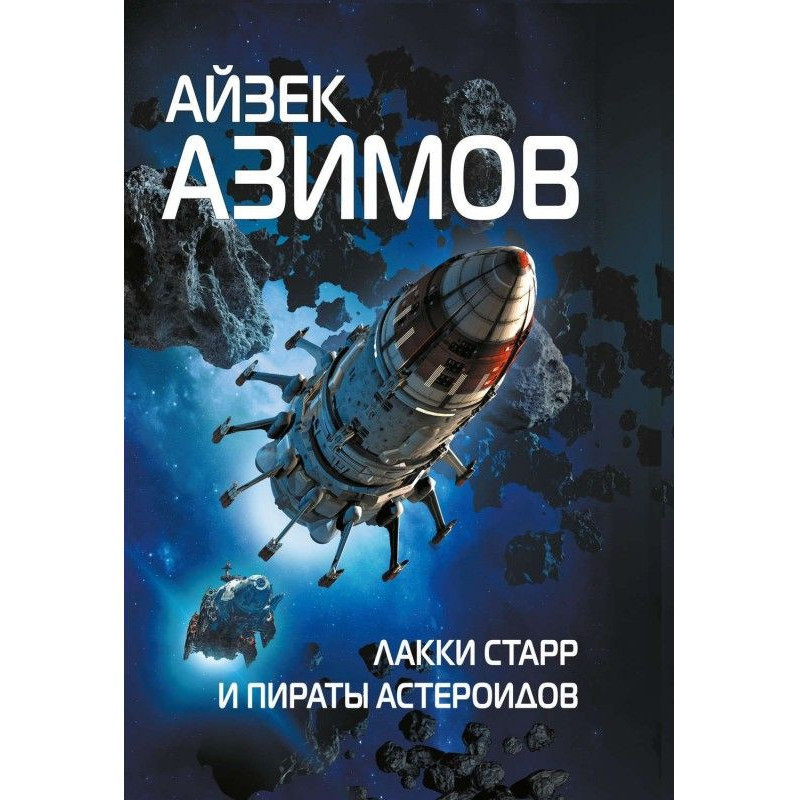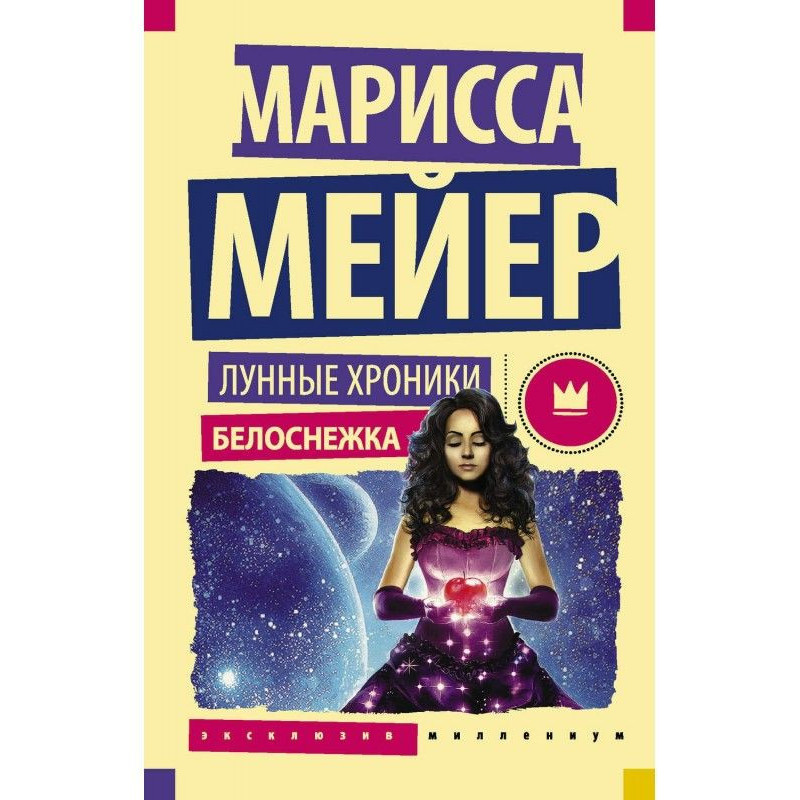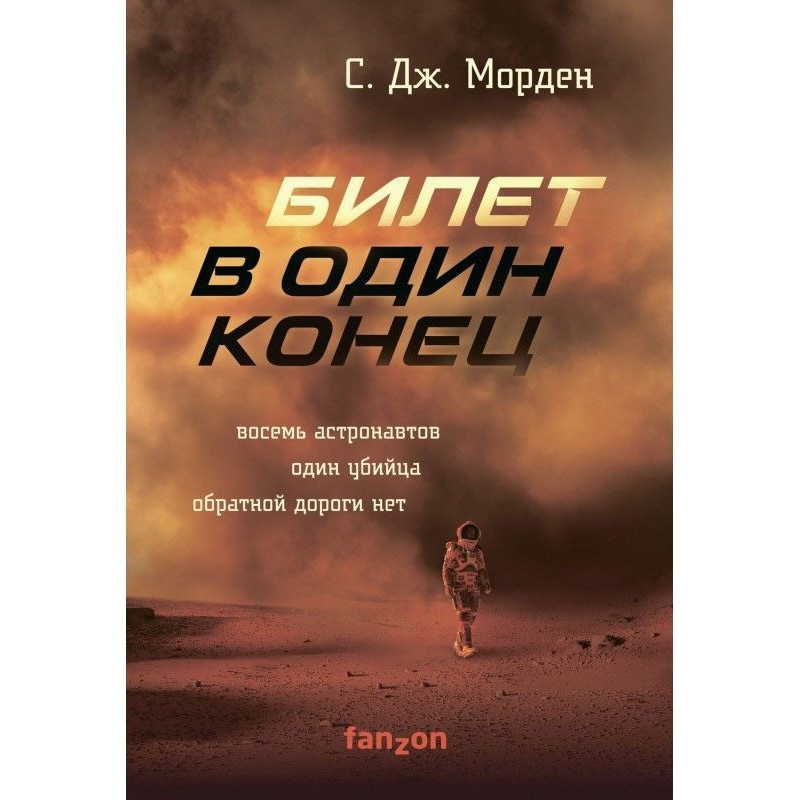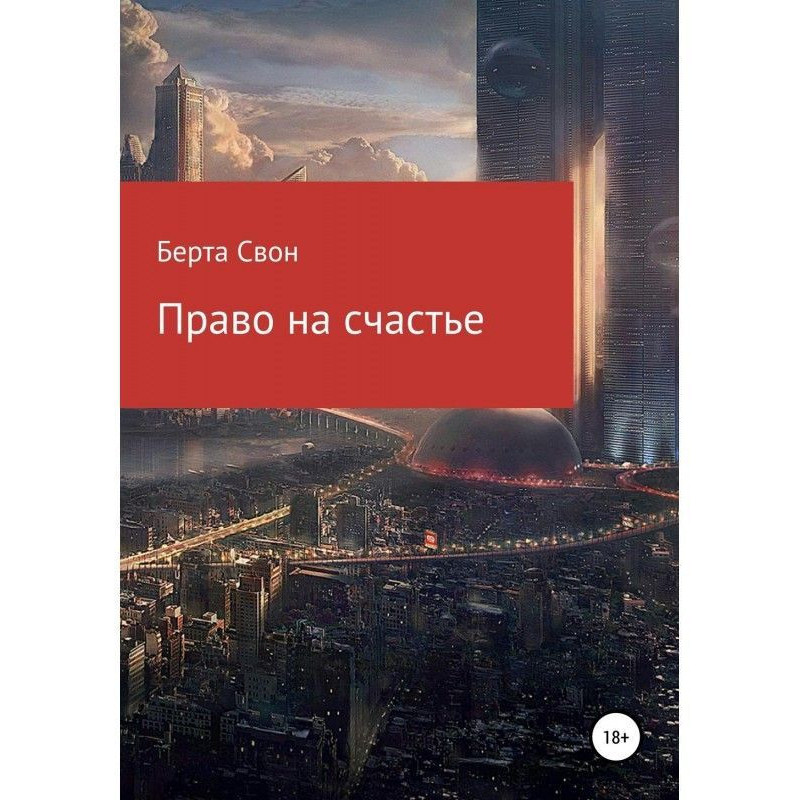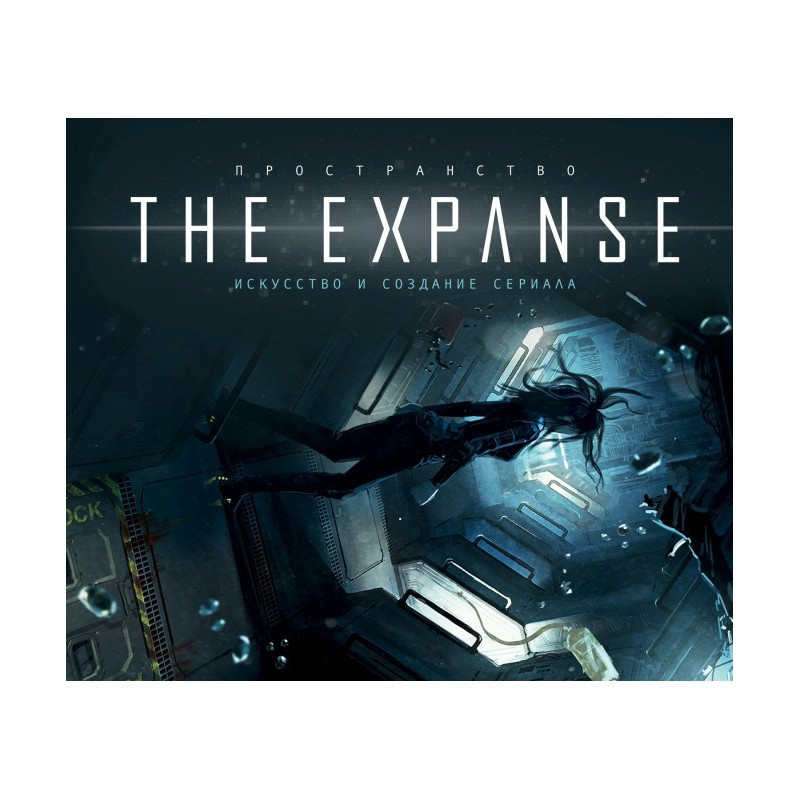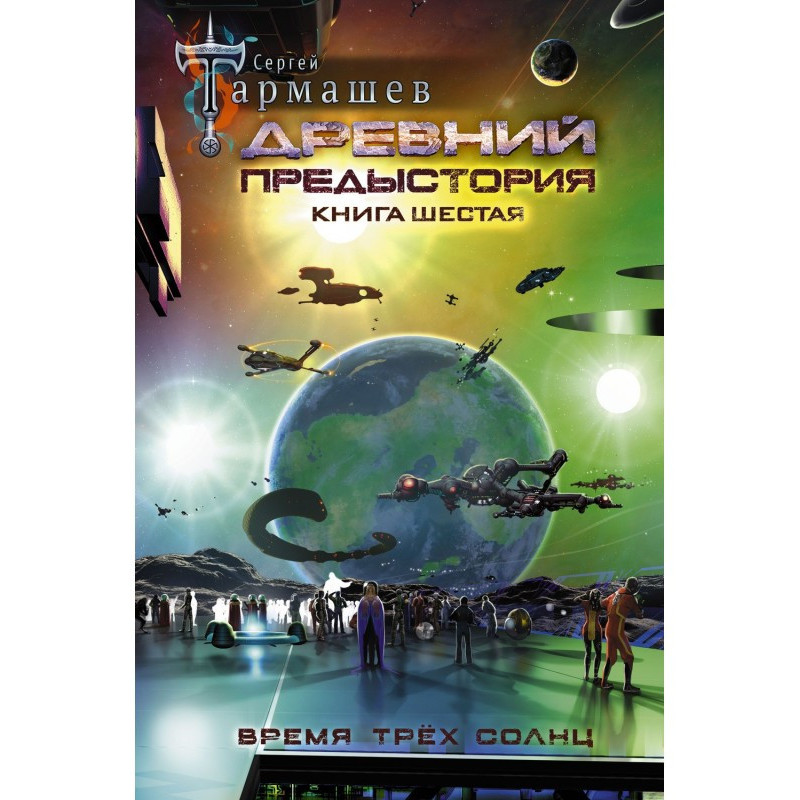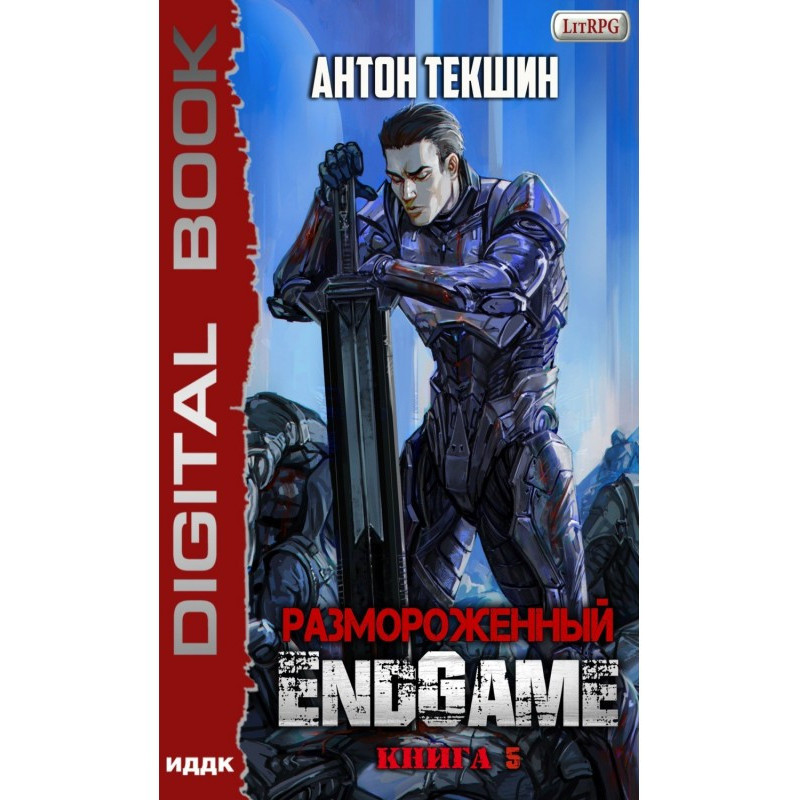Space
 Instant download
Instant download
after payment (24/7)
 Wide range of formats
Wide range of formats
(for all gadgets)
 Full book
Full book
(including for Apple and Android)
Daniel Abraham is an American science fiction writer, born in Albuquerque, the largest city in New Mexico. He received a biology degree from the University of New Mexico. After graduating, Abraham worked in technical support for ten years. “Mixing Rebecca” became the first story that the young author managed to sell in 1996. After that, his stories became frequent guests in magazines and anthologies. Abraham came to the attention of George R.R. Martin, who also lives in New Mexico, they collaborated on several occasions. So in 2004, their joint story “Shadow Twin” was published (none other than Gardner Dozois joined them as a third co-author). This story was revised into the novel Hunter's Run in 2008. Other notable works by the author include: the story "Flat Diane" (2004), which was nominated for a Nebula Award and won an International Horror Guild Award, and "The Cambist and Lord Iron: a Fairytale of Economics" nominated for a Hughes Award in 2008. Real success came to the author after the publication of the first novel of the still unfinished fantasy tetralogy “The Long Price Quartet” - “Shadow in the Midsummer”, which was released in 2006 and received recognition from both critics and readers. Excerpts from an interview published in the magazine “Locus”. “In '96, while living in New York, I sold my first story to Ann VanderMeer at The Silver Web. At the time, I was sleeping on my friends kitchen floor. Ann had a beautiful little closet with a window, and I put the computer on the windowsill and wrote “Mixing Rebecca.” It was a story about a pathologically fearful a female sound engineer who was looking for someone to live with without anxiety, she wanted to record all the sounds of their life together, and then shine them into a single song that would be their life. A few years later, I received an email from a man , who was the sound engineer who recorded the album "Rebecca Remix". His name was Daniel Abraham. He wanted to know if I was stalking him by borrowing titles from his works. This struck me as a frightening coincidence. A Twilight Zone moment...George (R.R. Martin) and Gardner (Dozois) apparently liked what I was doing on Clarion and asked me to be part of their project. George did. me to a wonderful lunch at Santa Fi (which he paid for) and said, “Daniel, what do you think about collaborating with two old fat guys? They gave me the manuscript they did, about 20,000 words. I cut out a third and wrote the ending - it turned out just like a story. "Shadow Twin" was first published in Sci Fiction, then it was reprinted in Asimov's and the best of the year anthology. Then Subterranean released it as a separate book. So we sold it and sold it. It was truly immortal! When we were working on the novel version of Hunter's Run, we first threw everything away. There were things in the story that we specifically cut because... volume was limited. Now everyone worked on their own pieces of text. I've heard from other people who have done similar co-authorships that the famous writer usually gets a few poor sons of bitches to do all the work. But not in my case. I hope that people who will read this book and say something like "What kind of man is Daniel Abraham, and why did he ruin the wonderful story of George R.R. Martin" will go and read my own work.... There are two games: making cute things and sell them. The strategies for winning them are completely different. Generally speaking, the first one resembles chess. You sit at the keyboard, you make the decisions you want, the structure can change as you like - you are free in your choice. There's no luck here. It's mechanical, it's perfection, and it stops the moment you finish typing. Then it's time to sell, and the game of chance begins. Everyone is writing fiction now - because you can write SF that takes place in the present. Many of the authors The mainstream realized that it is possible to work in this direction and are now successfully competing with science fiction writers in this field. This is amazing. But this won’t work with fantasy, because it has a different dynamic. Fantasy is a deeply nostalgic genre, and sales of nostalgia, unlike science fiction, are not determined by the degree of change in the technological development of society. I think interest in fantasy will continue, because we all need nostalgia.”
Data sheet
- Name of the Author
- Джеймс Кори С. А.
- Language
- Ukrainian
- Translator
- Галина Викторовна Соловьева
Reviews
Неймовірна подорож у світ фантастики!
Книга "Простір" Деніела Абрахама - це справжнє відкриття для всіх любителів наукової фантастики. Автор, зокрема, вражає своєю здатністю створювати унікальні світи та персонажів, які залишаються в пам'яті надовго. Читання цієї книги стало для мене справжньою пригодою: я поринув у захоплюючі сюжети, які поєднують науку, філософію та емоції. Абрахам майстерно описує різноманітні аспекти людського існування, ставлячи запитання про наше місце у всесвіті і можливості, які відкриває перед нами наука. Його стиль письма легкий та зрозумілий, а сюжет тримає в напрузі до останньої сторінки. Рекомендую цю книгу всім, хто хоче зануритися в світ фантастичних можливостей і пережити незабутні емоції!

